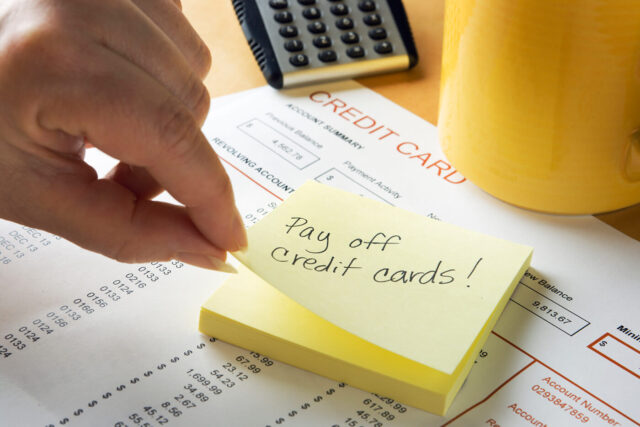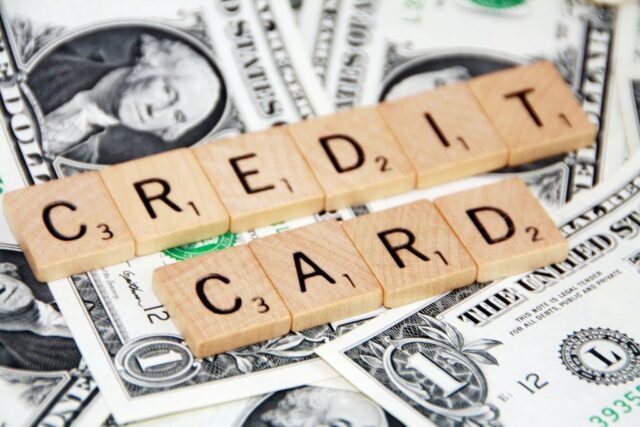Introduction
Most of our big decisions like buying a car, procuring a loan for higher studies, buying a house, or planning for child marriage usually depend on credit. This is the story of most ordinary people. Now the question arises why does such a need occur? When a person is young, they do not necessarily have extra cashless expenses to invest in assets.
This is where credit comes in handy, so credit basically means borrowing money to purchase at a current date with the promise to pay back the borrowed money later, which is pre-decided. A credit card is a type of tool that helps in facilitating such a process. With a credit card, a certain amount can be borrowed, which is to be paid back every month at a fixed due date, and if a person is unable to do so, they lose on to the credit score or credit rating, which is a three-digit number representing how punctual a person is with returning their payments on time. The higher the number, the better it is.
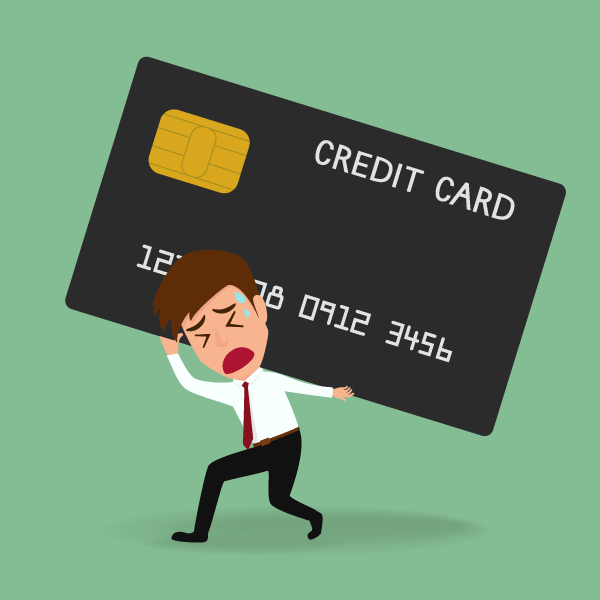
What if the credit card bills lapses?
This is one of the ugliest situations an individual faces, so when a person misses out on the due date for repayment of the amount borrowed, the bank or the financial institution who offered the credit card to enjoy the benefits starts charging interest. For example, suppose you have borrowed 1 lakh rupees on credit for a month and cannot pay it back.
In that case, a small percentage is charged as interest, so now the person is liable to pay back the original principal amount plus whatever interest is charged. If this goes on for a more extended period, the interest keeps growing, resulting in a huge lump sum. This is where the individual is trapped in a vicious circle of non-payment of the money they owe. The moment such an unfortunate situation arises, it should be addressed immediately as with this, the credit rating of the personal finances is spoilt.
Best credit cards for students in 2024, Read the complete guide here.
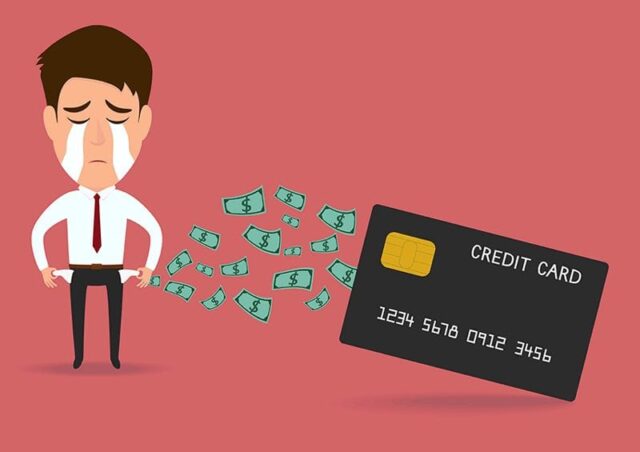
Problems that arise due to failed payments:
- Loans and mortgages become challenging to obtain when needed
- Credit scores decline
- The cost of borrowing tends to be higher if a good credit score is not maintained
- Interest payment becomes higher
- Results in mental and physical pressure
- Leads to stress
- Damages relationship and overall well being of a person
How is the credit card debt is built?
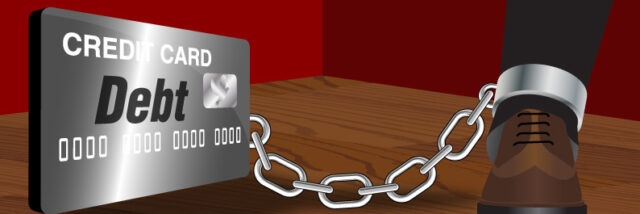
Impulsive purchase
People often get attracted to enticing offers and discounts offered by credit card issuers and merchant partners. With this, people completely forget the financial discipline they need to follow, for that you should know about money management. With the odds of overspending, they eventually fail to repay the entire dues on time, making them fall into a credit card debt trap.
Making an ATM withdrawal from a credit card
It is a very harmful act for financial health. People are usually unaware and ignorant of the consequences while committing a blunder like this. People fail to understand while doing this that withdrawing the amount from the credit card attracts not just one charge but a double charge. Which is in the form of a cash advance fee on the amount withdrawn, and another one is an excessive finance charge which is enough to crack the pocket into two. Charges are levied from the day withdrawal is made until complete repayment is made.
EMI dwelling:
EMI is an easy monthly installment, and this is beneficial when the repayment capacity at the current date is not enough. Still, the problem arises when the wrong tenure of paying back the EMI in repaying the credit card bill is chosen, so these EMI are not only added to the monthly bill cycle till the term of repayment exists.
They are even added to the minimum amount due. For example, if a credit card bill for a month is rupees 10000, which includes 3000 rupees EMI, the minimum due amount, which has to be 5% of 10,000 that is 500 rupees, actually will be 3000 Plus 5% of 10,000 – 3000 that is 7000 so the total will be Rs 3350. So while choosing an EMI option, it should be made sure to select a comfortable repayment date to avoid any difficulty of bill payment and falling for a debt trap.
what is cpn and is the cpn is scam? read complete guide here.
Repayment of just minimum amount due:
When the credit card bill comes up, many people are enticed to take the easy way out by just paying the minimum amount due. As a 5% of the bill, the amount looks relatively more petite and more comfortable with producing than the massive total owing. This mistake made while paying the minimum amount by the due date a person is saved from the late payment fee, but the vast finance charges are still levied on the entire unpaid amount. This leads to a person getting trapped in a vicious cycle of the credit card.
No control over expenses:
An intelligent financial decision is figuring out monthly costs without burning a hole in the pocket. Purchasing through credit cards often builds an illusionary effect of getting things for free. So a person is unable to understand, learn and differentiate between short and long-term needs, which is critical in being healthy financially. So creating a list of expenses and prioritizing them will help in spending less and evaluating the repayment of the credit card.
Few options for getting out of the credit card debt
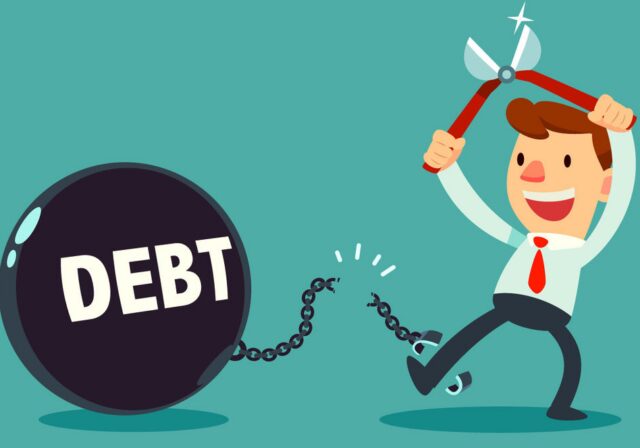
- EMI conversion to escape the credit card debt trap is a good option
- Finding for alternative financing options if the rate of interest levied on the EMI conversion option is higher
- Extending a balance transfer option to the existing cardholder of other credit card issuers.
- Conversion of transferred balance into EMI
- Making use of promotional interest period
- Availing for alternative credit options like top-up home loan, gold loan, motor loan, car loan, or a personal loan
- Opting for the low rate of interest on a credit card as this lower interest rate can enhance the chance of getting rid of the credit card trap
- Creation of a budget to limit the spending
- Avoiding the credit card completely
- Limiting the number of credit cards used
- Keeping a credit card not always but only for emergency purposes
- Repaying the balance in full every month can even result in earning reward points
- Keeping the credit balances as low as possible to avoid the accumulation of debt
- Setting up an emergency fund covering at least three to six months of living expenses.
- Avoidance of taking loans on credit cards and EMI on purchases
- Using cash more to make purchases which in turn will help in spending less
- Avoiding unnecessary spending or doing huge transactions from credit card
- Creation of extra cushion by investing more and saving more money.
- Rethinking over the decision of using credit cards as they must be used only and only when the requirement is rational.
- Looking for good credit card terms and conditions suiting an individual’s spending habits.
Conclusion
A credit card with no doubt it is a great tool to achieve the goal at a young age or even at a later stage but to truly understand the purpose of it an acknowledgment of how the credit card works, how policies differ, and making the repayment on time will never let a person get into debt. Discipline, patience, continuous efforts, control, and education in learning about credit cards can become easy to adopt good financial health.
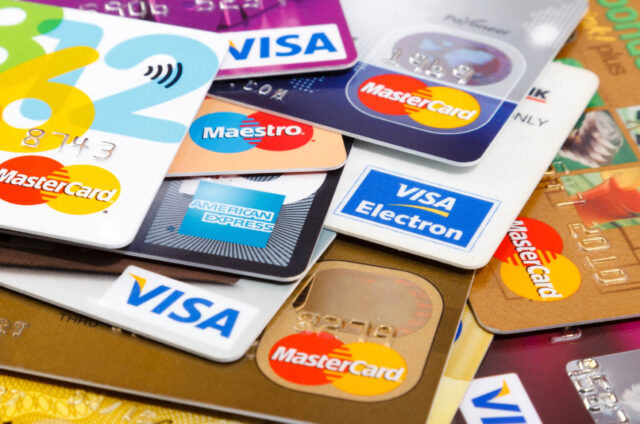
Frequently Asked Questions(FAQs)
1. How is a credit card a debt trap?
Ans: A credit card may provide a variety of perks, such as reward points, discounts, and cashback. However, irresponsible credit card use, such as reckless spending without sufficient repayment ability, skipping card bill payments, or paying only the minimum amount due, can accumulate credit card debt.
2. How can a person avoid credit debt traps?
Ans: Examine if you spent more or less than you expected at the end of the month, and adjust your budget for the next month appropriately.
- Avoid using credit cards at any cost.
- You should keep the number of cards you have to a minimum.
- Carry your credit cards with you at all times.
- Each month, pay off the entire balance.
- Create a rainy-day fund.
3. Why should you not have credit card debt?
Ans: What Are the Benefits of Avoiding Unnecessary Debt? Debt has a cost, which is expressed in the form of interest. You’ll pay more for your loan if the interest rate is greater. While certain obligations, such as school loans, are essential, others, such as credit cards, can harm your finances and credit score.
4. How much does the average person have in credit card debt?
Ans: On average, Americans carry $6,194 in credit card debt, according to the 2019 Experian Consumer Credit Review. And Alaskans have the highest credit card balance, on average $8,026.

